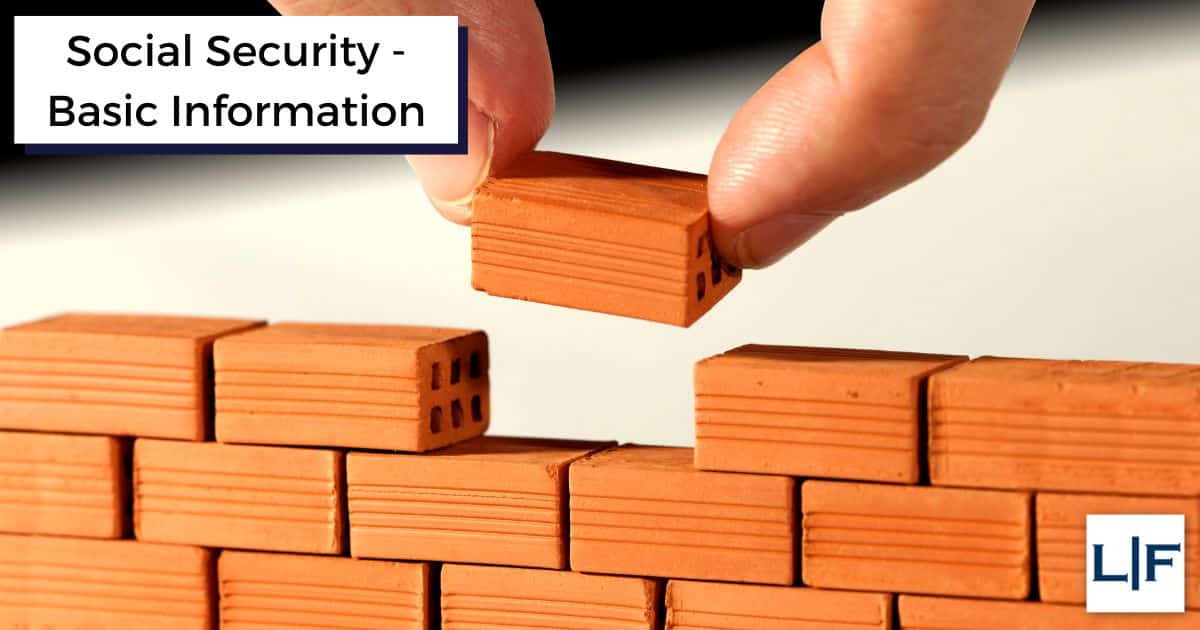Most people have only the slightest contact with the Social Security Administration throughout the majority of their careers: every paycheck has a small amount deducted. Workers fortunate enough to not need Social Security benefits until they have reached retirement age may never give this deduction a second thought. These men and women account for about 65 percent of the current 56 million beneficiaries receiving benefits from the Social Security Administration.
For those who receive these benefits due to a disabling health condition that they were born with or acquired, however, Social Security benefits may be the sole source of income in their household. Disabled workers account for about 15 percent of Social Security beneficiaries, and to these men and women, it is an important financial lifeline.
What Is Social Security Disability?
Social Security Disability benefits act as an income supplement for those who have been injured or have become ill to the point that they are totally disabled. The Social Security Administration determines eligible disabilities based on:
- An individual’s inability to perform his previous work following a disability
- The same individual’s inability to perform different work as a result of the disability
- Whether the individual will be disabled for at least 12 months or will die as a result of the disability
Social Security Disability (SSD) benefits must also be earned via work credits, which accrue at a rate of up to four credits per year. Typically, 40 credits are required to qualify, with 20 of the credits being earned in the last 10 years. Younger people may be qualified with fewer credits.
In contrast, Supplemental Security Income, or SSI, is available to those whose disability has left them unable to work, and with very limited income sources and assets. To qualify, applicants must be either over the age of 65, disabled, or blind.
Regardless of whether you are turning to Social Security Disability benefits or Supplemental Security Income, you face considerable challenges when it comes to the application process. Many people are initially denied or wait too long to apply, which can put a huge financial strain on individuals and their families.
If you have a disabling condition and are considering applying for Social Security Disability benefits—or if you have been denied benefits after applying—contact Lunn & Forro today. Together, Liz Lunn and Lila Forro have helped people throughout North Carolina get the benefits that they need and deserve. Simply call the office or fill out the online contact form to schedule a free consultation today.
Related Posts

What is a consultative exam?
A consultative exam is ordered when Social Security believes that they need more medical information to make a decision in your case. This exam is

How Do I File a Disability Appeal?
You gave Social Security Disability all the information they asked for and agreed to a medical exam, but your disability claim was still denied. It

How Much Does a Disability Lawyer Cost?
Lawyer fees in Social Security cases are contingent. So the short answer is that it costs you nothing up front to hire a lawyer at

How Long Does It Take to Get Social Security Disability?
“How long does it take to get Social Security Disability benefits?” is probably the most common question that our clients ask. Every case is different,
Do I Need a Disability Lawyer to get SSDI?
Many people wonder if they really need the help of a disability lawyer to obtain their Social Security benefits. You May Not Need a Disability
Notice of Hearing – Social Security Disability
The wait for a disability hearing varies from a few months to over a year, and once the Request for Hearing is filed, you will
I fired my disability lawyer. Now I need a fee waiver. What do I do?
Whenever a disability lawyer withdraws from a case, either on their own or at their client’s request, they must decide whether or not to waive
The Role of a Social Security Disability Attorney
When people are faced with applying for Social Security disability benefits, many wonder if it is worthwhile to hire an attorney. After a life-altering disability



